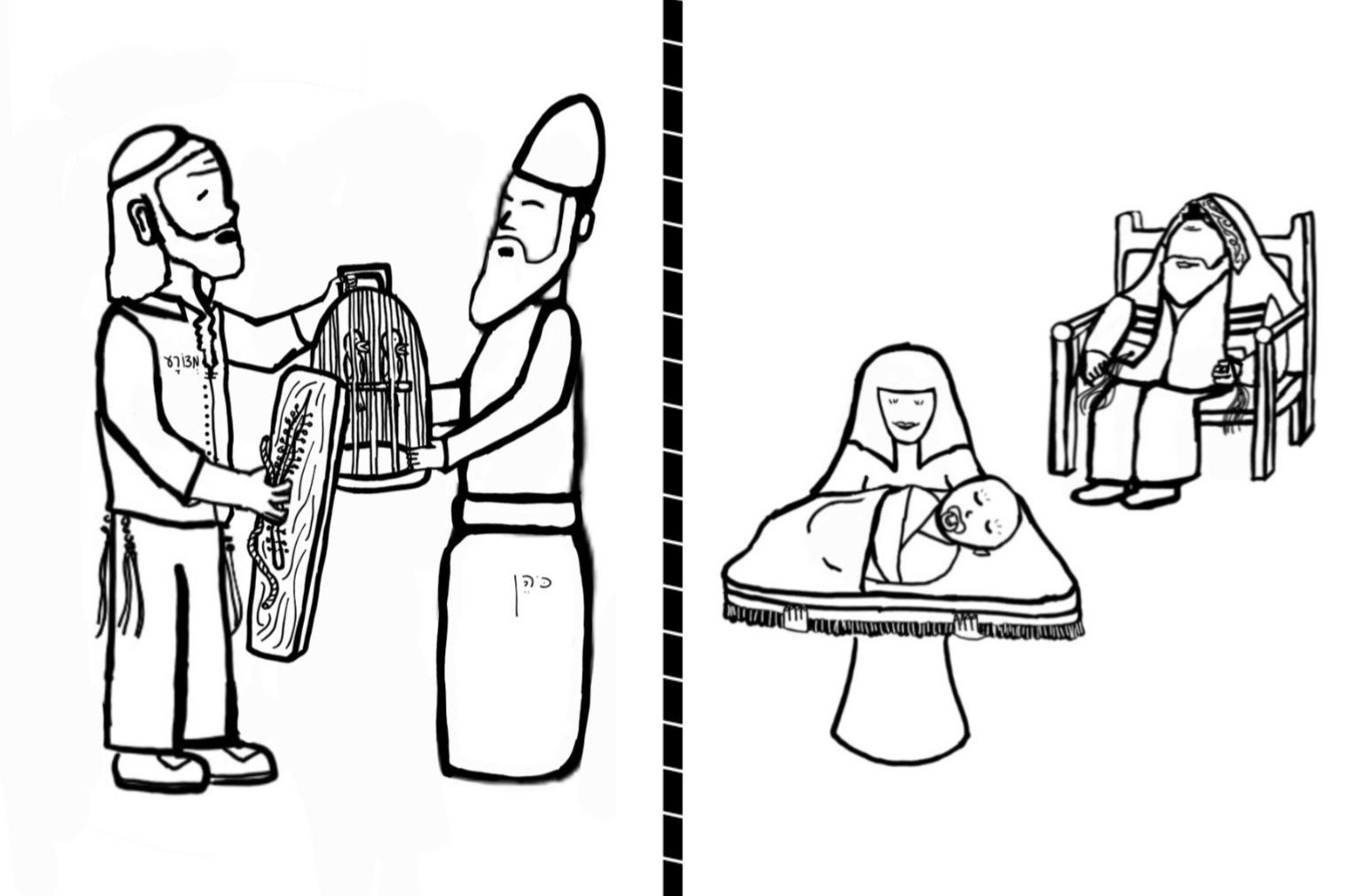These Divrei Torah should be a Zechus L’Ilui Nishmas my mother Chaya Rochel Bas Dovid Tzvi (Hareini Kaparas Mishkavah), my sister Kayla Rus Bas Bunim Tuvia A”H, my maternal grandfather Dovid Tzvi Ben Yosef Yochanan A”H, my maternal grandfather Dovid Tzvi Ben Yosef Yochanan A”H, my paternal grandfather Moshe Ben Yosef A”H, my paternal grandmother Channah Freidel Bas Avraham A”H, my uncle Reuven Nachum Ben Moshe & my great aunt Rivkah Sorah Bas Zev Yehuda HaKohein,
It should also be in Zechus L’Refuah Shileimah for:
-My father Bunim Tuvia Ben Channa Freidel
-My grandmother Shulamis Bas Etta
-MY BROTHER: MENACHEM MENDEL SHLOMO BEN CHAYA ROCHEL
-Mordechai Shlomo Ben Sarah Tili
-Noam Shmuel Ben Simcha
_R’ Simcha Yitzchak Ben Mirela Yudka
-Chaya Rochel Ettel Bas Shulamis
-It should also be a Z’chus for an Aliyah of the holy Neshamos of HaRav HaGa’on V’Sar HaTorah Shmaryahu Yosef Chaim Ben HaRav Yaakov Yisrael Kanievsky A”H, Dovid Avraham Ben Chiya Kehas—R’ Dovid Winiarz ZT”L, Miriam Liba Bas Aharon—Rebbetzin Weiss A”H, as well as the Neshamos of those whose lives were taken by terrorists (Hashem Yikom Damam), COVID-19, and other tragedies.
-It should also be a Z’chus for success for Tzaha”l as well as the rest of Am Yisrael, in Eretz Yisrael and in the Galus.
בס”ד
פרשת תזריע
“Torah Dirt”
פַּרְשַׁת תַזְרִיעַ talks a lot about טוּמְאָה and טָהַרָה. What exactly are these things? טוּמְאָה sort of means “dirty,” but not with actual dirt that you can see with your eyes. (For example, someone can speak with “dirty” language.) טוּמְאָה is dirt that only ה׳ could see. טָהַרָה means purity or being clean from טוּמְאָה.
There was once a kind of טוּמְאָה that came from a skin disease caused by “dirty” speech such as לָשׁוֹן הָרַע. This disease is called “צָרַעַת.” A person who has צָרַעַת is טָמֵא and must sent into quarantine by a כֹּהֵן. He or she has to leave the community until the כֹּהֵן declares that the person is pure.
Question: Why did the תּוֹרָה command a person with צָרַעַת to go into quarantine? Why is this an appropriate treatment?
Answer: לָשׁוֹן הָרַע means speaking badly about others. It doesn’t matter if it’s true or not. It’s hurtful and against the תּוֹרָה (unless it’s an emergency and one needs to tell an adult privately). לָשׁוֹן הָרַע tears apart friends, families, and communities.
If one speaks לָשׁוֹן הָרַע, he or she is not ready to be apart of the community. If one speaks לָשׁוֹן הָרַע, one should leave the community and see what it feels like to be away from people. If one speaks לָשׁוֹן הָרַע, one should have to sit alone and think about how he or she might have hurt people with his or her words.
Before we talk about another person, let us think about how we might feel if someone spoke that way about us. Let us try to speak only טוֹב and ה׳ should give us only טוֹב in our lives. Have a wonderful שַׁבָּת!
Rabbi Eisenberg, Grade 3
פרשת מצורע
“Arrogance or Slander?”
פַּרְשַׁת מְּצֹרָע teaches us how someone who has צָרַעַת can become pure again. For him to become pure, he has to collect a few things and bring them to the כֹּהֵן.
One of the items he has to bring is an עֵץ אֶרֶז, a large cedar branch. Why does he have to bring this big piece of wood? The חַכָמִים explain that the big, strong cedar tree is a sign of גַאַוָה which means pride, arrogance, or being a show-off. By bringing the cedar branch, the מְּצֹרָע will realize that he had too much גַאַוָה and should be more humble.
Question: Isn’t the main עֲבֵרָה of the מְּצֹרָע that he spoke לָשׁוֹן הָרַע? Why does he need to do תְּשׁוּבָה for גַאַוָה, for showing off? Was he showing off or was he spreading rumors about people?
Answer: When a person speaks לָשׁוֹן הָרַע, he or she is also really showing off. That is because, when we speak badly about others, it shows that we think that we are better than that person. If we are truly humble, we would not speak badly about others. That is because someone who is humble knows that everyone can make mistakes and that no one in the world is perfect except for ה׳.
That is what the מְּצֹרָע has to realize. He is not perfect! Next time, instead of speaking לָשׁוֹן הָרַע about another person, he should look at himself first and at his own mistakes. If we are humble and worry about our own מִידוֹת, we will be saved from the dangers of לָשׁוֹן הָרַע. Have a wonderful שַׁבָּת!
Rabbi Eisenberg, Grade 3

